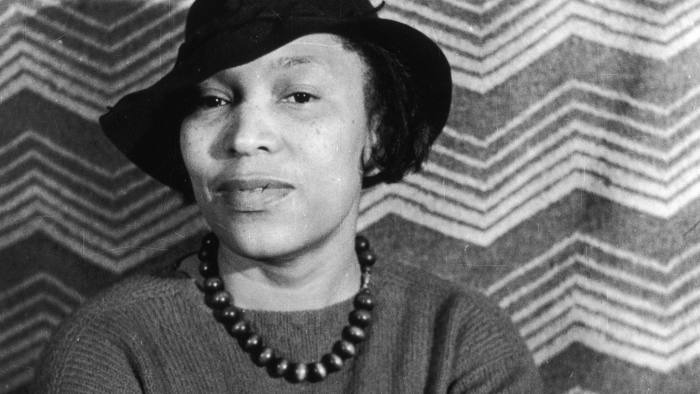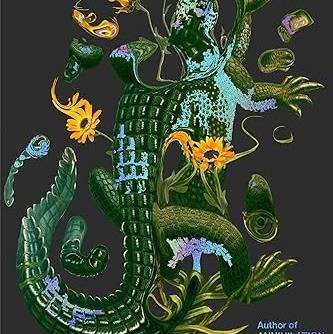
This article is a preview from the Summer 2020 edition of New Humanist
Hitting a Straight Lick with a Crooked Stick (HQ) by Zora Neale Hurston
In Zora Neale Hurston’s short story “Sweat”, Delia, a washerwoman, toils each day in a Florida sun so hot that “even conversation had collapsed”. She works while her abusive husband gambles away her wages, bitter that his wife works for “white folk”. The local men on the porch declaim that her husband, “aint wuth de shot an’ powder hit would tek tuh kill him”. Like many of the stories in this collection, “Sweat” subtly explores gender, race and class in a manner that might be described today as intersectional. But the term feels too prosaic to describe the writing in these stories. Political themes are often below the surface, rarely approached directly at a “straight lick”. In Hurston’s prose, humour, idiom and lyricism are the “crooked stick” used to explore the complexity of black American lives.
“Sweat” is part of a new collection that brings together 21 of Hurston’s short stories. Hurston is seen as a key figure of the Harlem Renaissance, the intellectual, social and political movement that spanned the 1920s and 30s. She was described by Toni Morrison as “one of the greatest writers of our time”. Her posthumous legacy has developed around critical acclaim for her novel Their Eyes Were Watching God (first published in 1937). Like that novel, these stories are full of a colloquial dialogue so rich that characters feel fully formed as soon as they speak. In “Muttsy”, an attractive southern woman is newly arrived in Harlem. She receives unwanted attention from the city men: “Look heah lil’ Pigmeat, youse some sharp! If you didn’t had but one eye ah’d think you wuz a needle – thass how sharp you looks to me.” These are characters with a vernacular so full of idiom and imagery that the collection feels as much a book of voices as stories.
Hurston also worked as an anthropologist and ethnographer. In these stories, she wanted to convey the patterns of speech that some of her contemporaries found too close to the racist stereotypes of the minstrel. She also collected folk tales from black communities in the south. In the fable-like “Magnolia Flower”, a river tells a brook about the forbidden love of a mixed-race couple. In the pre-emancipation folk tale “Possum or Pig”, a wily slave tries to convince his master that the stolen pig he is cooking is a possum. Beneath the folkloric form is the grim reality that when the story was written in 1926, little would have changed for those enduring sharecropping in the south.
Many of the stories explore the vagaries of love and relationships. In “The Gilded Six-Bits” a young couple forgive a wife’s infidelity. In “Under the Bridge” an older man’s son and second wife fall tragically in love. Many of the women endure the misogyny of men whose masculinity is undermined by living and working in a racially rigged system. But these women aren’t demure victims. In the story “The Country in the Woman”, Caroline is humorously known for dispatching her husband’s “side gals”.
In Hurston’s 1928 essay “How It Feels to Be Coloured Me” she declared that “I am not tragically coloured”. The same could be said of the characters in these stories. They endure the racism of the era, but lead complex human lives. There is a deep pleasure in reading stories so profoundly full of poetry, comedy and struggle. In life Hurston was a flamboyant character and a legendary raconteur. These stories are the work of a master stylist, but they also contain the multitudes of black American life.

